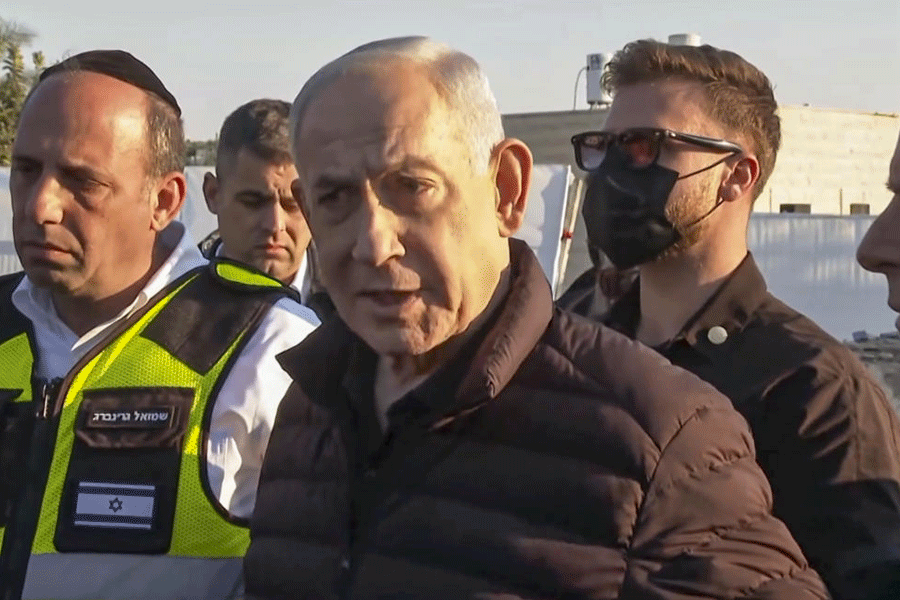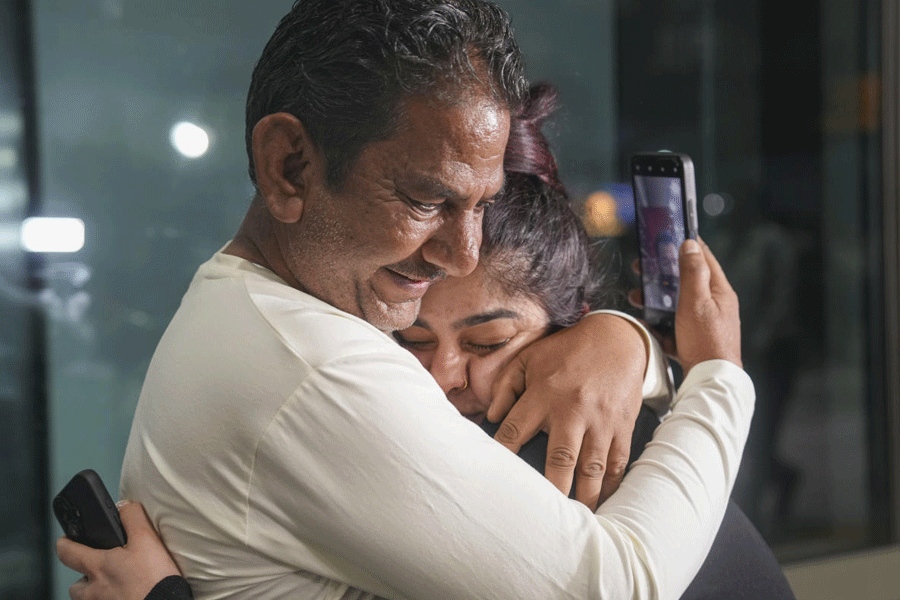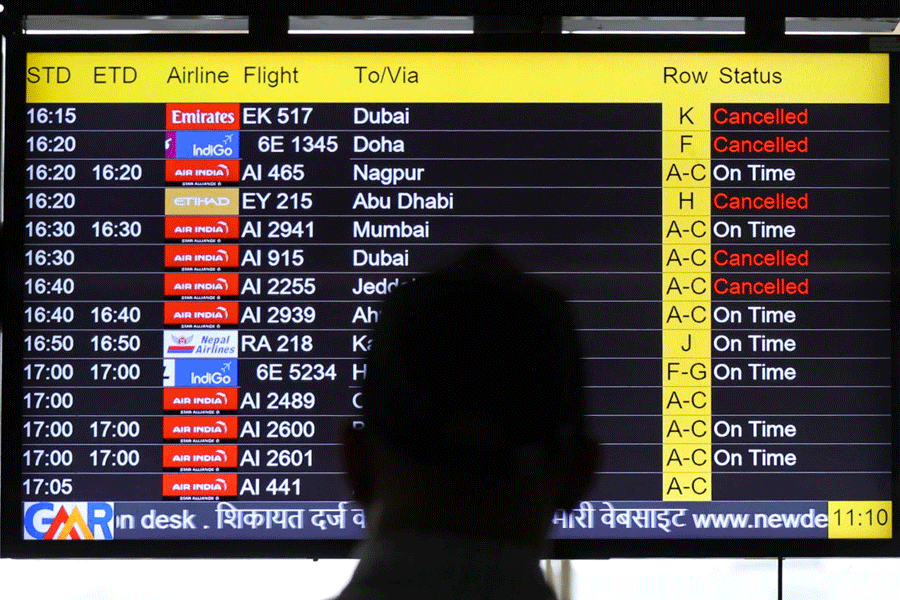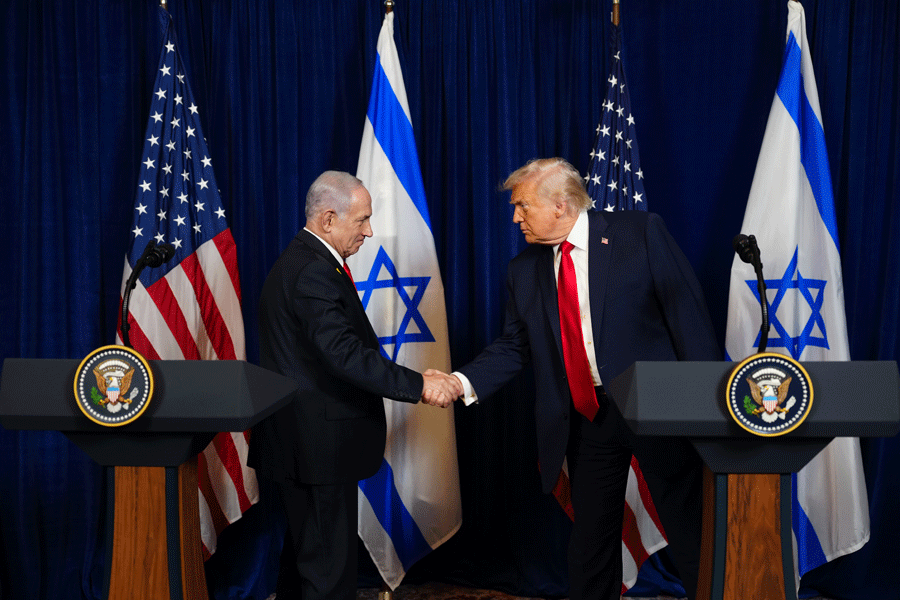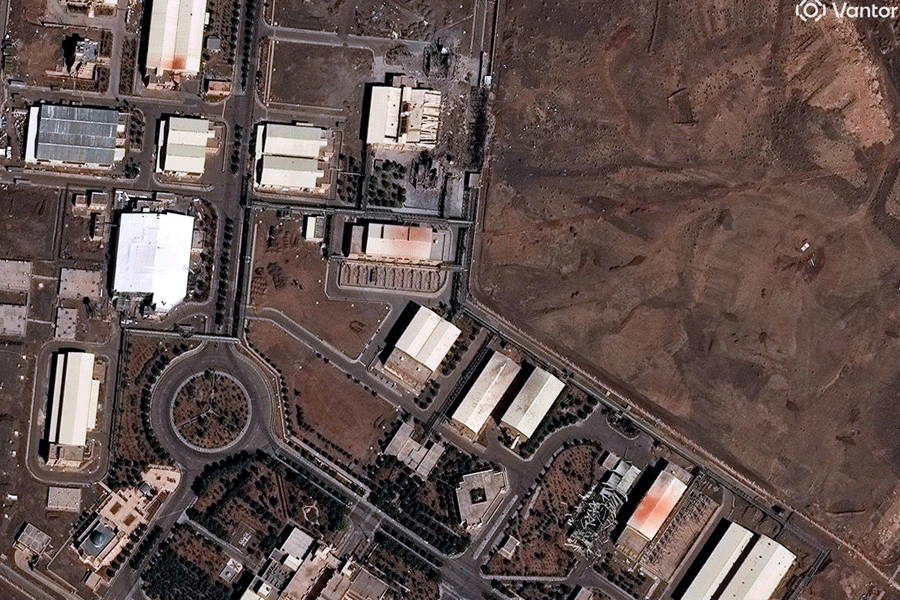Shillong, May 18: The National Commission for Scheduled Tribes (NCST) has asked the ministry of tribal affairs to take steps to protect the rights of Khasi rulers who entered into an instrument of accession and annexed agreement with the Centre in 1947.
The commission’s move comes after the spokesperson for the traditional institutions of Meghalaya, John Kharshiing, apprised it about the anomalies that existed in the Constitution with regard to rights of the traditional Khasi rulers.
Altogether 25 Khasi states and their independent rulers (Syiems or kings) had signed the agreement with the Centre under the banner of the Federation of Khasi States on condition that special provisions to safeguard these institutions would be incorporated in the Constitution. But nothing on those lines ever happened.
Kharshiing recently met NCST chairman Rameshwar Oraon in his official chamber in New Delhi to enquire about the status of the memorandum submitted by the Grand Council of Chiefs on March 10, 2010, regarding the rights of the Khasi states.
He apprised Oraon that according to the treaty, the Khasi states had set up a constitution-making dorbar comprising more than 100 members during 1948-1949, and elected its members after a poll.
“However, when the Constitution came into effect, unlike the instrument of accession of Kashmir, which found a place in Article 370, the treaty of the federation of 25 Khasi states did not find place in the Constitution, which is the cause for the present constitutional and legal conflicts that exist in Meghalaya,” he said.
He said the Federation of Khasi States was denied rights to have representation in Parliament, Assembly and even in the district council.
According to Kharshiing, this affected the rights of the Scheduled Tribes, especially in relation to customary rights, land, forest, water, revenue, and mineral rights. “The executive, legislative and judicial rights of the traditional rulers were mostly affected,” Kharshiing said.
He also gave Oraon photocopies of the memorandums submitted to several former Presidents and Prime Ministers, while informing him that the Grand Council of Chiefs, a forum of traditional leaders, had also approached a number of former Meghalaya chief ministers and MPs from the state, who, despite making promises, had done nothing much till date.
According to Kharshiing, Oraon was surprised to learn of the unique Khasi political institutions and agreed that these must be preserved.
He said the commission chairman agreed that there was a serious constitutional anomaly, stating that on one hand there was a conditional treaty, while on the other hand, nothing had been mentioned in the Constitution about the treaty between the Khasi rulers and the Centre.


